I am having problems with Ruby. When I try to install addressable, I get told I need ruby 1.9.0 or higher, but as you can see from my rvm list command I run 2.3.1.
Does anyone have any tips? am I doing something wrong? I've tried running the clean up, and reinstalling but I get the same error.
Any tips you can provide would be great! Thanks!
root@server1 [/]# rvm list
rvm rubies
ruby-2.3.1 [ x86_64 ]
# Default ruby not set. Try 'rvm alias create default <ruby>'.
# => - current
# =* - current && default
# * - default
root@server1 [/]# gem install addressable -v '2.4.0'
ERROR: Error installing addressable:
addressable requires Ruby version >= 1.9.0.
root@server1 [/]#
